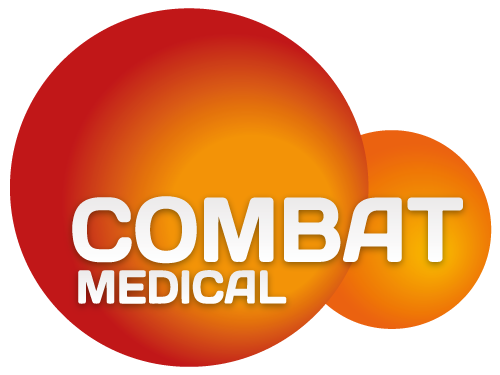We are proud to announce our upcoming HIVEC®-HEAT Study, which is set to commence enrolment in May 2025. This trial represents a major milestone in the search for effective and less aggressive forms of treatment for non-muscle invasive bladder cancer (NMIBC). The ambitious, multi-centre, single-arm, interventional Phase 3 clinical trial is sponsored by the University of Leicester and will be conducted across up to 25 NHS hospitals in the UK, enrolling 238 patients in total. It will be a significant leap forward in collaborative, patient-centred research, bringing together a broad spectrum of urology experts, academic researchers, and NHS clinical teams.
What is HIVEC® and How Does it Work?
HIVEC® (Hyperthermic Intra-Vesical Chemotherapy) is an innovative treatment approach developed by Combat Medical. It combines the power of heat and chemotherapy to treat NMIBC in a way that enhances drug delivery and tumour destruction, all while preserving the bladder, along with quality of life for patients.
The treatment involves heating a chemotherapy agent, typically mitomycin-C (MMC), to around 43°C and then circulating it throughout the bladder using our proprietary HIVEC® technology. This controlled thermal delivery increases the drug’s penetration into the bladder wall and improves its cytotoxic effect on cancer cells.
Unlike traditional intravesical therapy, HIVEC® is administered via a closed-loop system, which helps maintain consistent temperature and pressure, improving patient comfort and clinical outcomes. Its goal is to destroy remaining cancer cells after resection and reduce recurrence, especially in patients who are unresponsive to Bacillus Calmette-Guérin (BCG) therapy.
Why the HIVEC®-HEAT Study Matters
Bladder cancer is the 10th most common cancer worldwide, and NMIBC accounts for nearly 75% of initial diagnoses. While BCG immunotherapy remains a frontline treatment, a significant number of patients – especially those with carcinoma in situ (CIS) or high-grade papillary disease – either fail to respond or experience recurrence.
The HIVEC®-HEAT Study’s aim is to provide high-quality evidence for an alternative, bladder-sparing treatment for patients who have limited options after BCG failure. The trial is led by Professor Leyshon Griffiths, Associate Professor and Honorary Consultant Urological Surgeon at the University of Leicester and University Hospitals of Leicester NHS Trust. It is funded by Combat Medical and supported by the NIHR (National Institute for Health and Care Research).
Study Design: Two Sub-Studies, One Common Goal
The trial is structured into two sub-studies, each tailored to a specific NMIBC patient group:
Sub-Study 1:
- Participants: 123 patients with BCG-unresponsive CIS, with or without completely resected papillary Ta/T1 disease.
- Primary Outcome: Complete Response (CR) at 3 months.
- This group targets a particularly high-risk subset of patients where standard treatment often involves radical cystectomy. HIVEC® aims to provide a less invasive alternative.
Sub-Study 2:
- Participants: 115 patients with completely resected BCG-unresponsive, high-grade papillary Ta/T1 disease, but without CIS.
- Primary Outcome: High-grade, recurrence-free survival time.
- This arm focuses on preventing recurrence in patients where bladder preservation is critical and current treatments have limited success.
A National Collaborative Effort
This clinically initiated trial is a major collaborative effort involving urology experts, researchers, and NHS clinical sites. With involvement from up to 25 NHS clinical sites, the HIVEC®-HEAT Study is an exciting next step for Combat Medical, and our role in helping to develop innovative, effective, and bladder-sparing cancer treatments that could improve the lives of patients across the globe.
What Comes Next?
With enrolment expected to begin in May 2025 and the first patients expected to be enrolled shortly after, we look forward to engaging with the clinical community, patients, and NHS sites across the UK to bring this important research to life.
With a solid foundation of previous HIVEC® studies supporting the efficacy and tolerability of the treatment, this new trial will add essential phase 3 evidence required to change clinical guidelines and inform future practice.
For further updates and involvement opportunities, please reach out to Guy Cooper, who can provide more detailed information on site participation and patient referrals.

